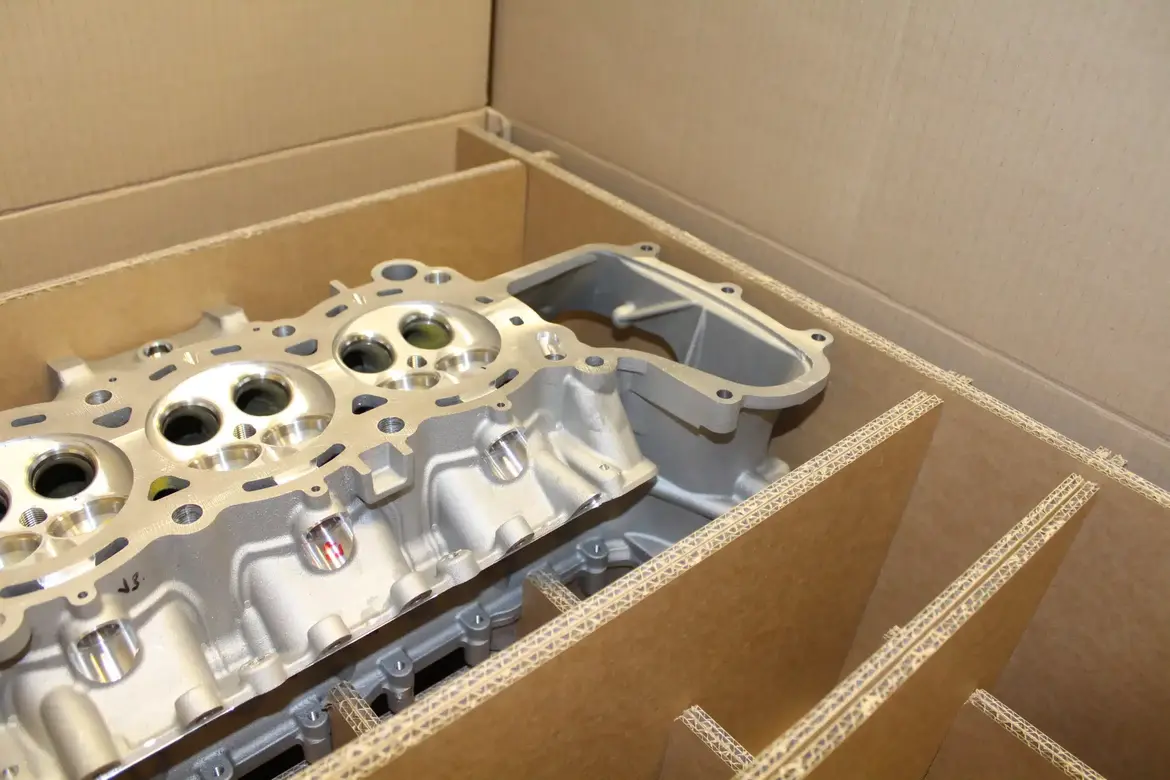Environmental Considerations in Automotive Parts Packaging: Sustainable Solutions
In the automotive industry, packaging plays a vital role in protecting parts during transport while likewise impacting environmental sustainability. As concerns grow over carbon footprints and waste management, manufacturers are increasingly turning to sustainable automotive parts packaging solutions to reduce their environmental impact.
Difficulties of Regular Packaging
Customary automotive parts packaging frequently involves materials like plastics, froths, and metals, which can contribute to environmental debasement. These materials may not be quickly recyclable or biodegradable, leading to critical waste and asset consumption.
Sustainable packaging solutions
- Recyclable Materials: Choosing recyclable packaging materials, such as cardboard, paper-based items, and certain plastics marked with recyclable images, reduces landfill waste and promotes a circular economy.
- Biodegradable Choices: Using biodegradable packaging materials, such as compostable plastics or regular strands like jute or hemp, guarantees that packaging separates normally without harming the environment.
- Minimalist Plan: Streamlining packaging plans to utilize less material while still providing sufficient security can decrease general packaging waste and transportation costs.
- Implementing reusable packaging solutions: Such as returnable containers or cases, reduces the need for single-use materials and reduces the carbon footprint associated with packaging creation and removal.
Advantages of Sustainable Packaging
- Environmental Effect: Compared with traditional materials, sustainable packaging reduces ozone-depleting substance outflows, energy consumption, and waste generation.
- Brand Notoriety: Adopting eco-friendly packaging practices enhances the brand’s image and attracts environmentally conscious customers and partners.
- Cost Effectiveness: Reducing material expenses, garbage removal charges, and transportation costs can lead to long-haul savings.
Industry Initiatives and Guidelines
Automotive makers and providers are increasingly adopting sustainability initiatives to consent to environmental guidelines and buyer interest in greener items. Industry principles and certifications, such as ISO 14001 for environmental administration frameworks, guide organizations in implementing sustainable practices across their supply chains.
Environmental considerations in automotive parts packaging are critical to mitigating environmental impacts and fostering industry sustainability. By embracing recyclable, biodegradable, and minimalist packaging solutions, automotive makers can minimize squander, moderate assets, and maintain their obligation to environmental stewardship. As worldwide consciousness of environmental change and environmental obligations develops, the reception of sustainable packaging practices will continue to be a significant part of the automotive inventory network for executives.

